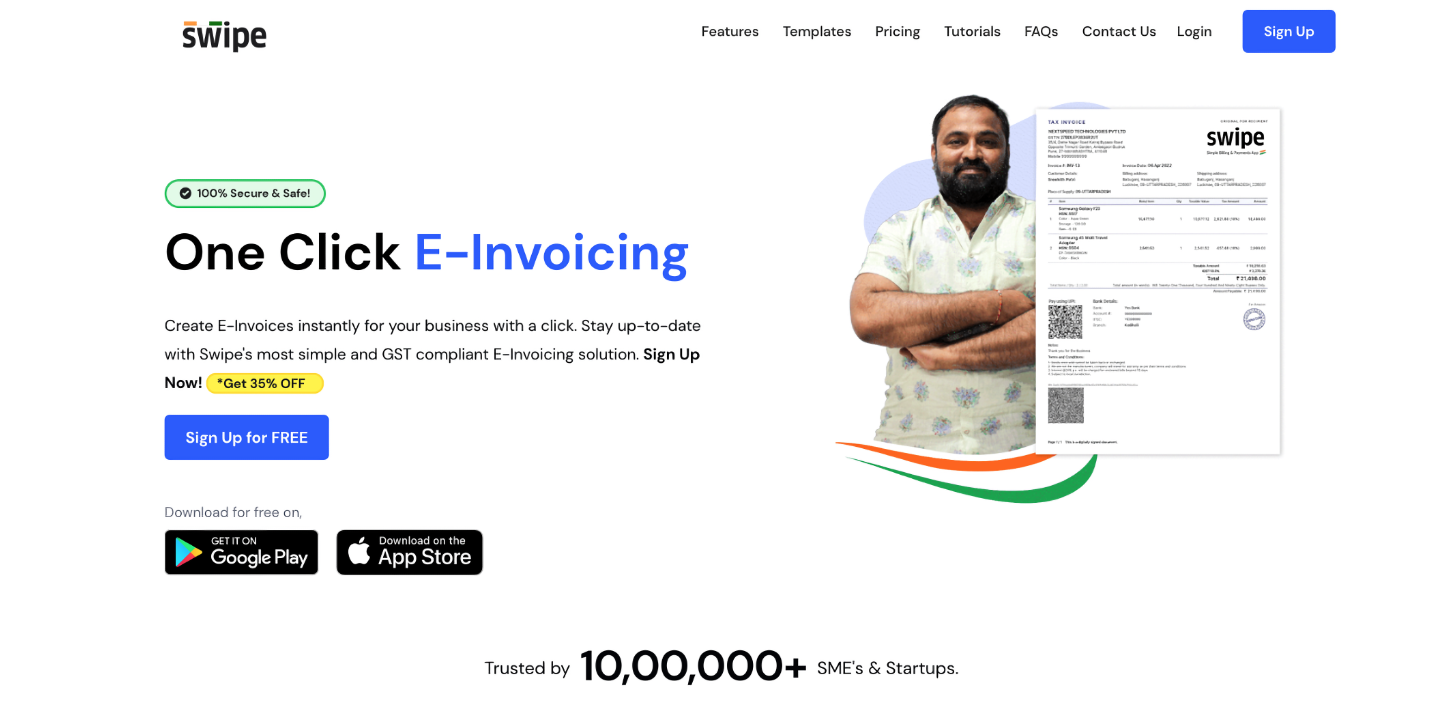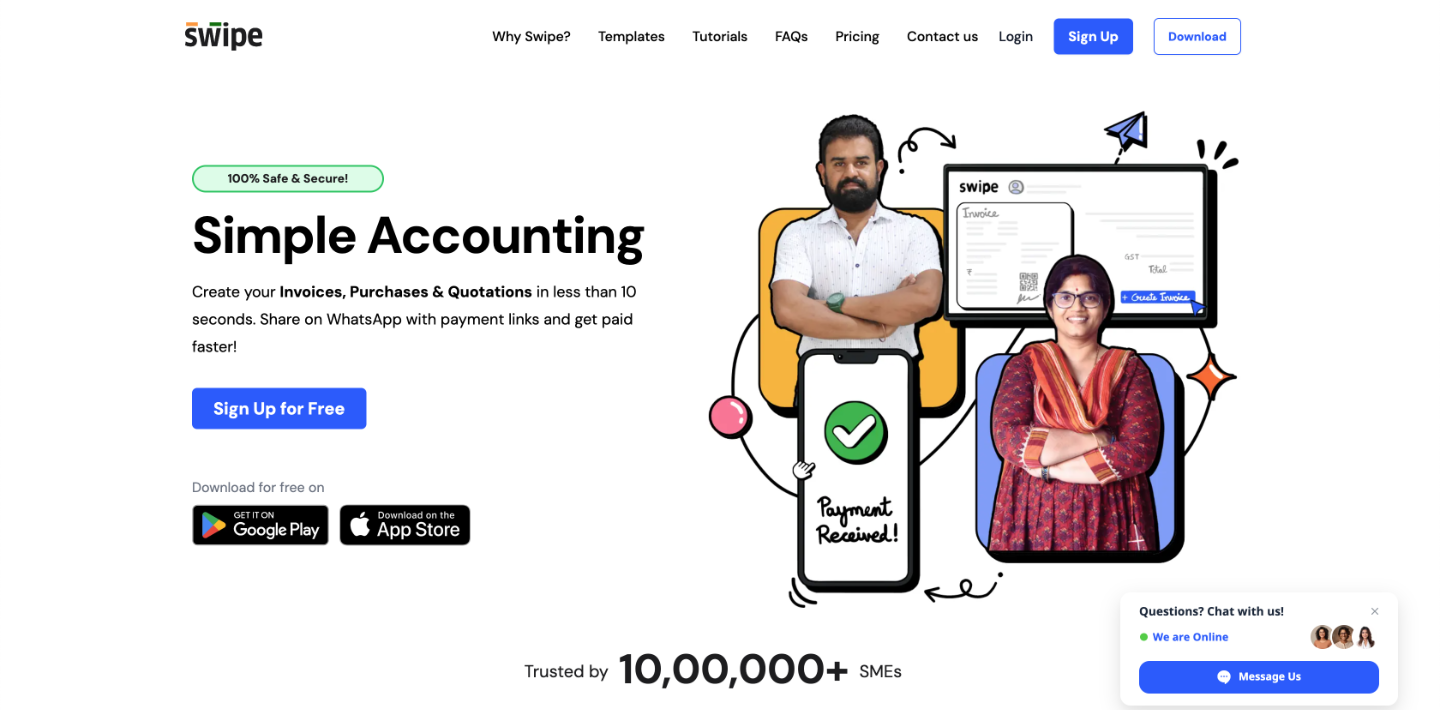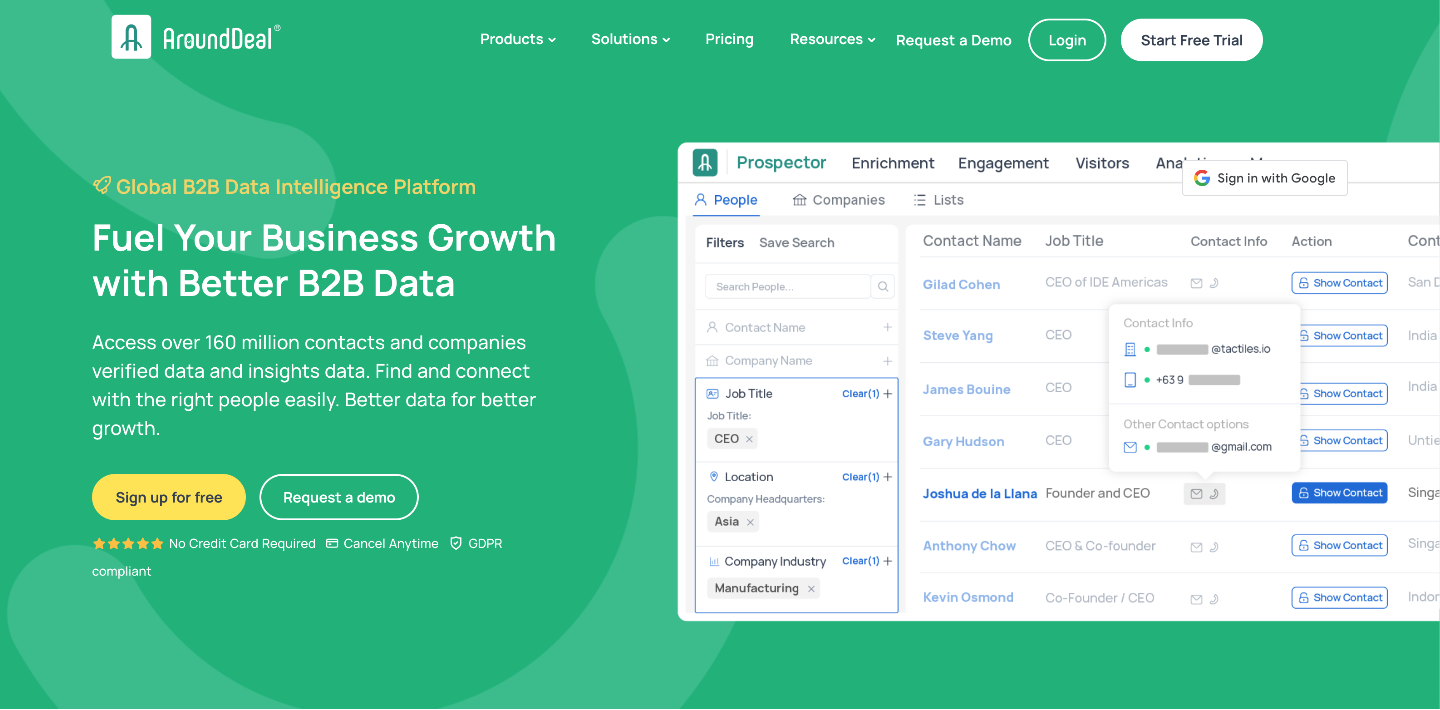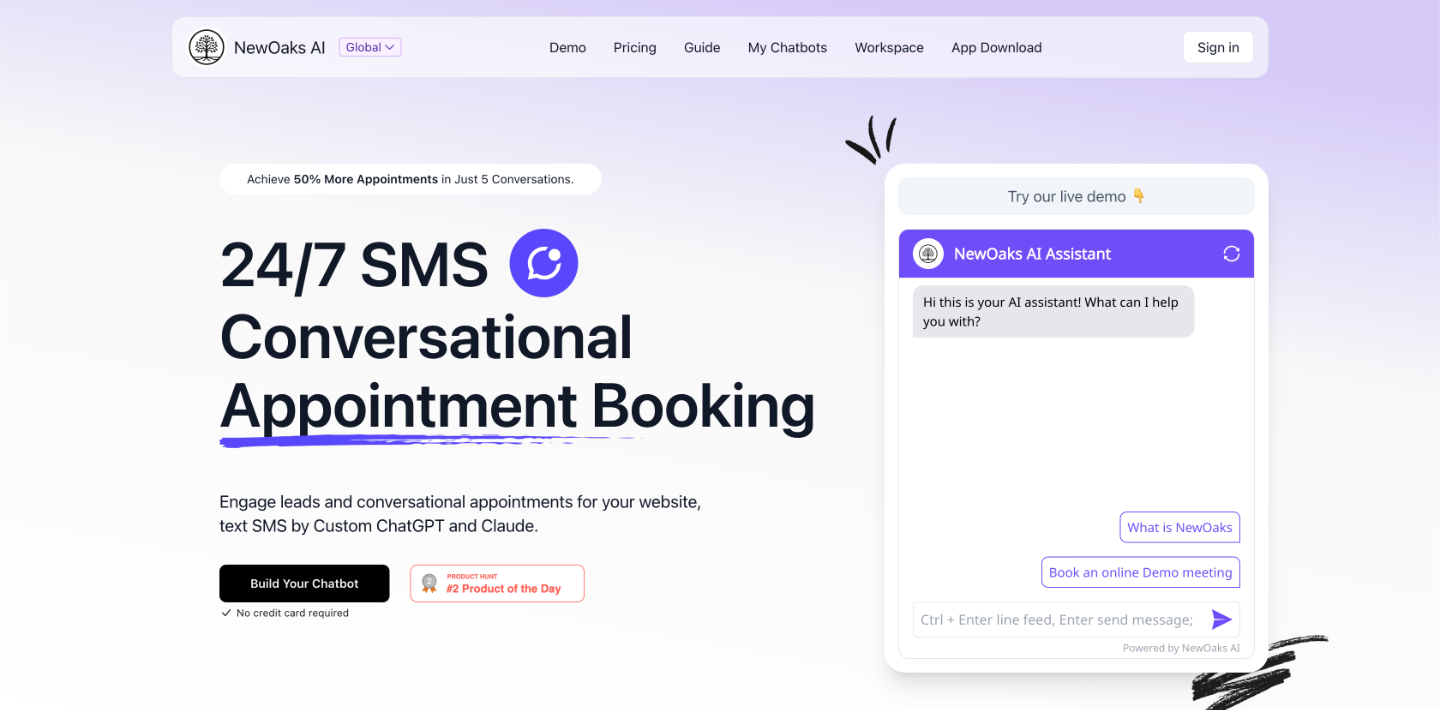
Single sign on, or SSO authentication is essentially an online identification arrangement that lets websites use other, trusted websites verify users. In other words, the website doesn’t check a user’s identity by itself. It would seek help from trusted websites such as Microsoft, LinkedIn or Google to do the verification. If these third-party sites give the user the green signal, the particular website would trust that blindly and take the user on-board.
Working Mechanism
Generally, when logging into a system or website, the service provider or website would authenticate the user by itself. A website presenting you a login screen or asking you to register if you’re not already a member is the conventional authentication process.
In the case of an SSO, the website now presents you multiple ways to verify your identity. Besides giving you the option to log in with the login credentials specific to the site, you can now authenticate using social media sites or any other popular site that you already have a verified account with. The third-party website would look into your identity and check if the website is actually what it’s claiming itself to be. Once both the checks are cleared, the third party site such as Google would send a token to the website that sought the verification.
Benefits
There are quite a few benefits here for both the business and users. Let us first talk about benefits for the user.
- Convenience: Users are now required to remember just one login details set.
- Transparency: Users know the information that is getting shared between systems. This is similar to installing a mobile app that seeks your permission to use your photos, contacts, messages, etc. for a more customised experience. You can always choose to provide access to certain information on your phone or no information at all.
- Speed: SSO ensures users need not go through time-consuming sign-up processes, since all the registration and verification has already been done by another, trusted website.
- Security: Users have the mental peace that emanates from knowing a random website is not sneaking in on their personal and confidential information such as passwords.
The benefits for businesses are:
- More Sign-Ups: If you make the sign-up process easy and seamless, you are obviously going to have more users on-board. Trust levels go up too, which augments conversions.
- Less Backend Work: This means businesses would not have to mess around with passwords. This reduces risks of hacking and also the work that’s associated with resetting people’s passwords whenever a wrong password is typed multiple times or a password has expired. Again, the trusted third-party authenticator takes care of all this heavy-lifting. And with the partnership of a trusted single sign on solutions provider, time spent maintaining your login system can be kept to a minimum.
- Decreased Risks: Hackers usually attack the lesser known sites with a repository of confidential information. They target bigger sites as well but getting through the security walls of those sites is almost next to impossible, which the hackers are aware of. They, therefore, target the lesser known websites that are basically soft targets. With SSO in place, your business is not expected to confront or be wary of this menace.
















